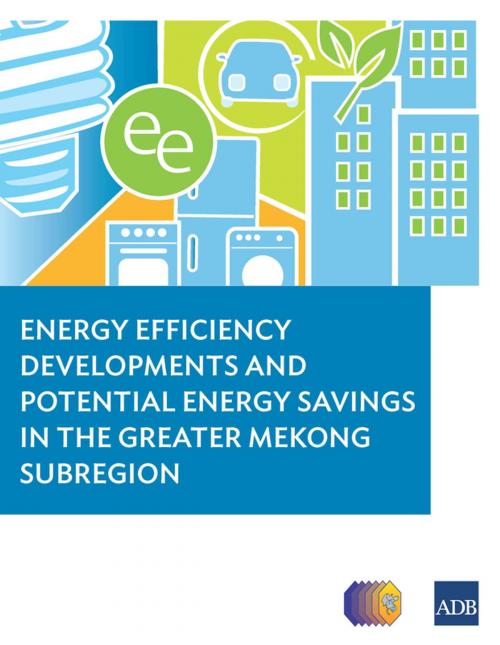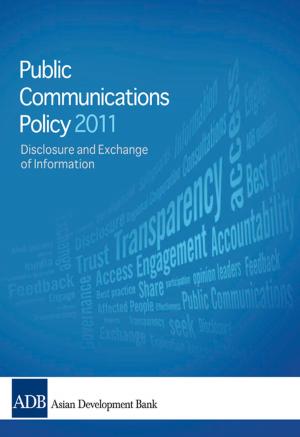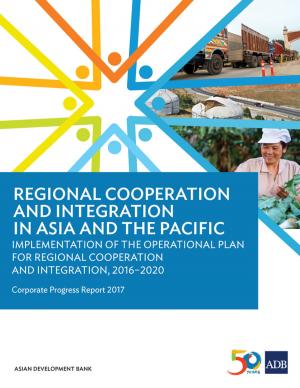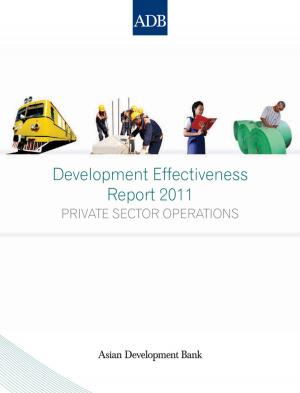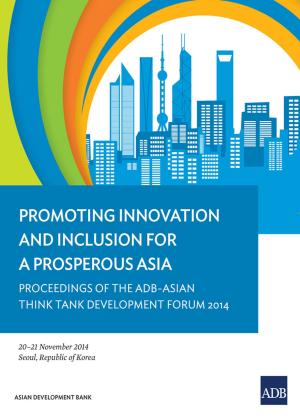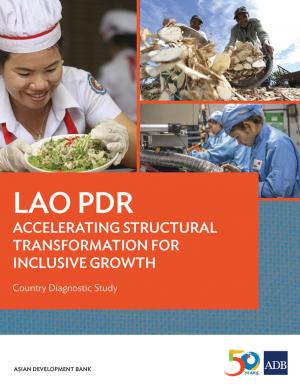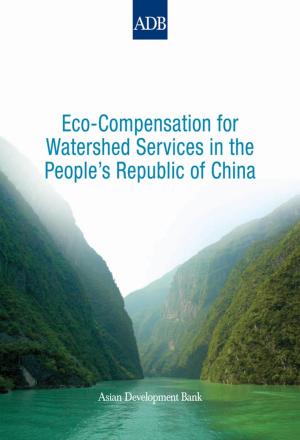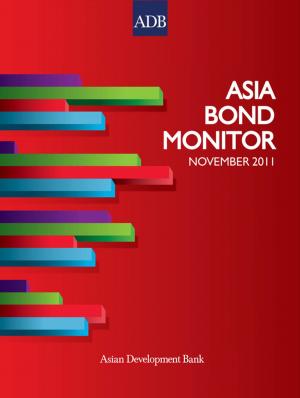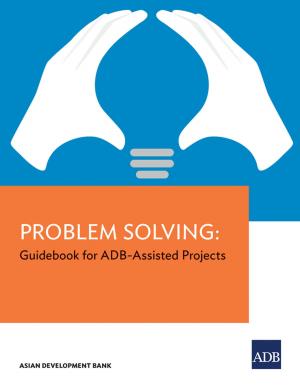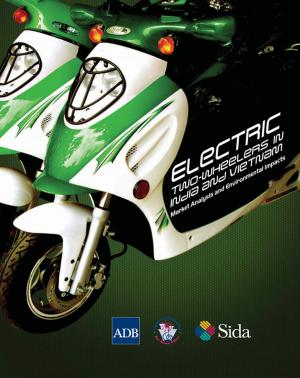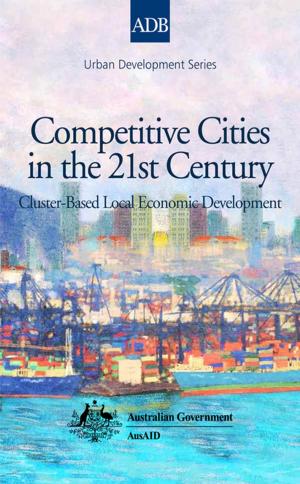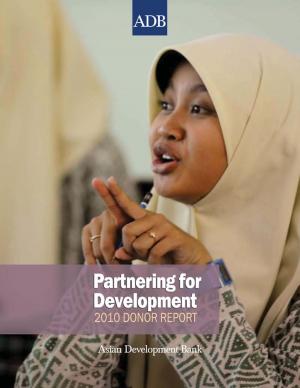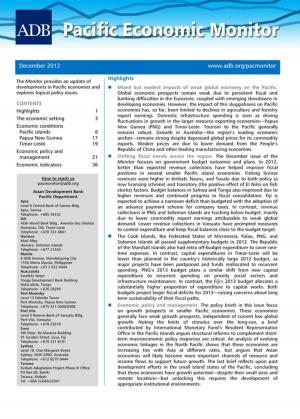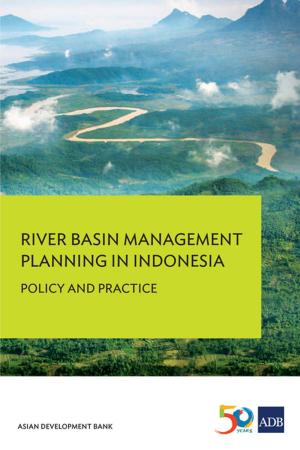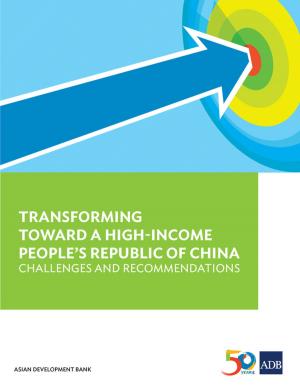Energy Efficiency Developments and Potential Energy Savings in the Greater Mekong Subregion
Business & Finance, Industries & Professions, Industries| Author: | Asian Development Bank | ISBN: | 9789292548308 |
| Publisher: | Asian Development Bank | Publication: | July 1, 2015 |
| Imprint: | Asian Development Bank | Language: | English |
| Author: | Asian Development Bank |
| ISBN: | 9789292548308 |
| Publisher: | Asian Development Bank |
| Publication: | July 1, 2015 |
| Imprint: | Asian Development Bank |
| Language: | English |
This report was produced under the technical assistance project Promoting Renewable Energy, Clean Fuels, and Energy Efficiency in the Greater Mekong Subregion (TA 7679). It reports on energy efficiency targets and developments in five countries in the Greater Mekong Subregion (GMS): Cambodia, the Lao People's Democratic Republic, Myanmar, Thailand, and Viet Nam. The GMS countries envisage substantial energy efficiency savings over the next 15 to 20 years, with overall energy efficiency savings amounting to almost 60 million tons of oil equivalent annually by 2030. Most GMS governments have established plans for reaching these targets and have implemented policy, regulatory, and program measures to lower energy intensity and achieve energy efficiency. GMS countries project that their energy needs will double or triple over the next 15 years and greater energy efficiency offers a win-win public-private sector partnership for reducing unsustainable reliance on high-carbon (coal and oil) fuels.
This report was produced under the technical assistance project Promoting Renewable Energy, Clean Fuels, and Energy Efficiency in the Greater Mekong Subregion (TA 7679). It reports on energy efficiency targets and developments in five countries in the Greater Mekong Subregion (GMS): Cambodia, the Lao People's Democratic Republic, Myanmar, Thailand, and Viet Nam. The GMS countries envisage substantial energy efficiency savings over the next 15 to 20 years, with overall energy efficiency savings amounting to almost 60 million tons of oil equivalent annually by 2030. Most GMS governments have established plans for reaching these targets and have implemented policy, regulatory, and program measures to lower energy intensity and achieve energy efficiency. GMS countries project that their energy needs will double or triple over the next 15 years and greater energy efficiency offers a win-win public-private sector partnership for reducing unsustainable reliance on high-carbon (coal and oil) fuels.
